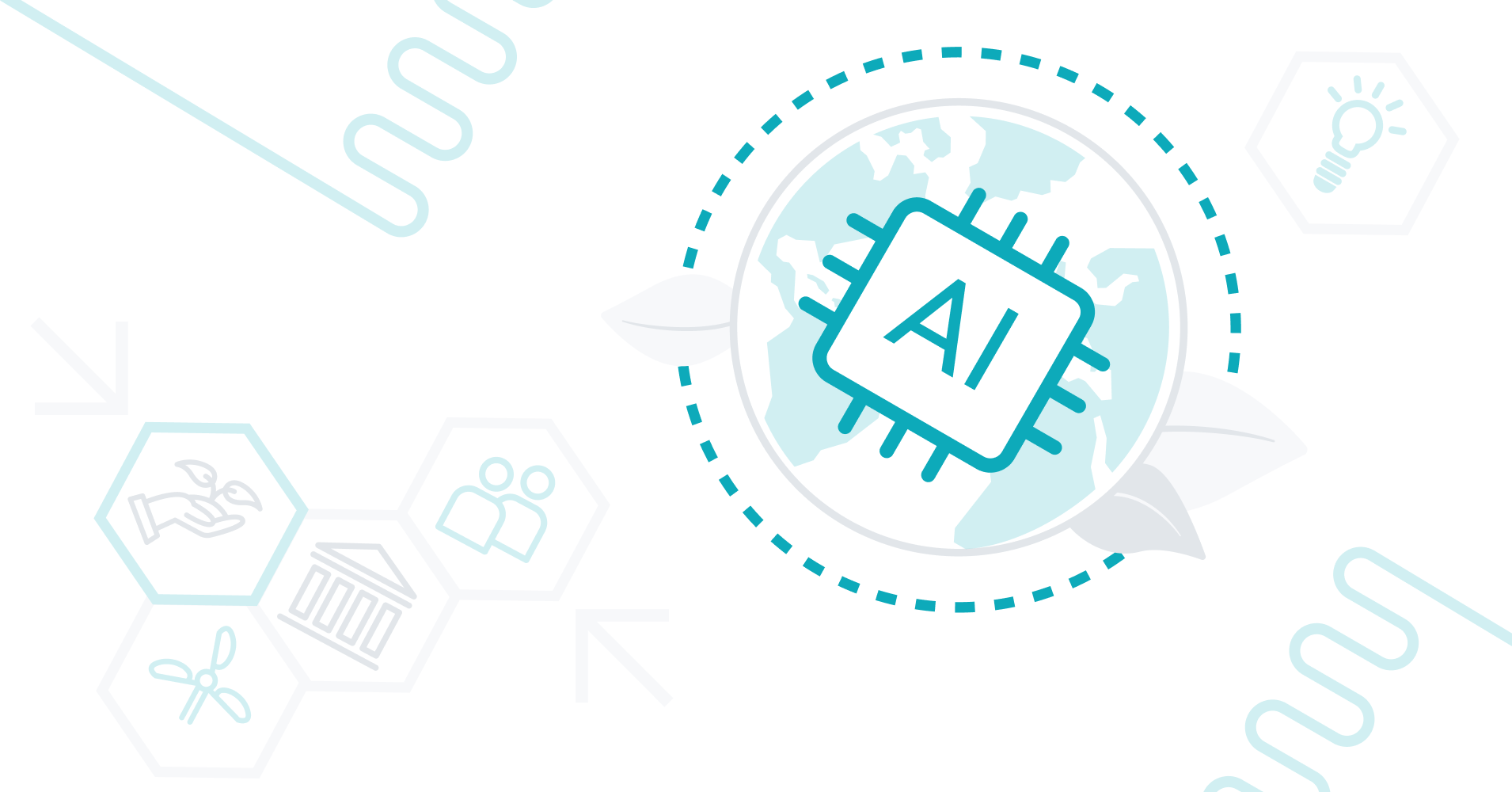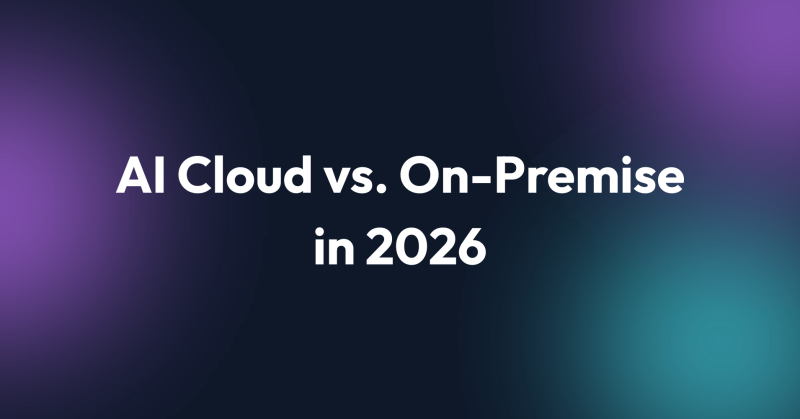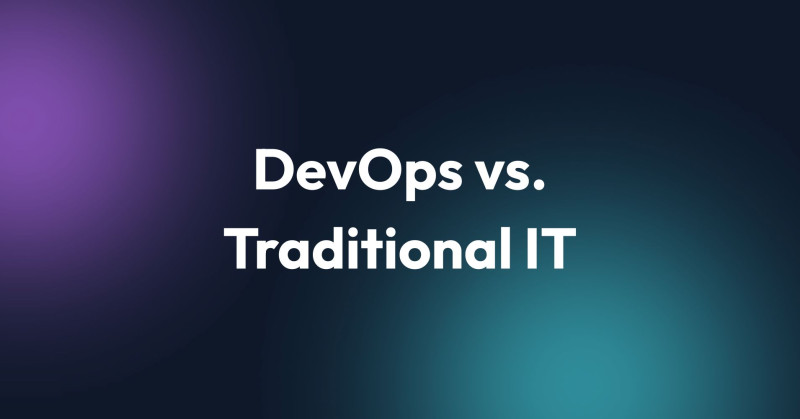The convergence of Artificial Intelligence and ESG strategies introduces both opportunities and ethical dilemmas. On the one hand, AI can be a powerful tool for advancing sustainability goals, optimizing resource use, and fostering responsible business practices.

On the other hand, its misuse or lack of proper governance can lead to significant ethical violations that conflict with ESG principles.
This article will explore the ethical challenges that arise when AI intersects with ESG.
The Promise of AI Ethics in ESG
AI holds vast potential to revolutionize ESG initiatives. On the environmental front, AI can optimize energy use, predict climate patterns, and monitor carbon emissions, all of which contribute to more sustainable practices. In social areas, AI has the potential to enhance inclusivity by identifying gaps in equality, from hiring practices to healthcare access. In governance, AI can improve transparency, automate compliance, and mitigate risks, leading to more ethical corporate behavior.
However, this transformative potential is not without cost. Without careful ethical consideration, AI’s role in ESG could backfire, leading to biased outcomes, privacy violations, and even environmental harm. As companies strive to leverage AI in their ESG strategies, it is crucial to address these ethical pitfalls.
Key Ethical Concerns in AI for ESG
As AI becomes increasingly important in driving Environmental, Social, and Governance (ESG) initiatives, it also raises significant ethical challenges that businesses must address. From bias in decision-making to issues of transparency, these concerns can undermine the potential benefits AI brings to ESG efforts.
In this section, we’ll dive into five key ethical concerns that organizations need to consider when integrating AI into their ESG strategies.
Bias and Discrimination
One of the most significant ethical challenges is the issue of bias. AI systems are only as good as the data they are trained on. If historical data is biased—reflecting societal inequities—AI models can perpetuate or even amplify those biases. This is particularly troubling in ESG applications, where AI might be used in hiring, lending, or law enforcement, leading to discriminatory practices. For example, AI tools designed to assess job applicants could favor certain demographics if the training data reflects past hiring biases. Such outcomes would directly conflict with the social aspect of ESG, which emphasizes fairness and equality.
Privacy and Data Security
AI thrives on data—often personal and sensitive. The use of vast amounts of personal data raises critical concerns about privacy. Mishandling this data, whether through weak security protocols or unethical use, can lead to privacy breaches and the misuse of individuals’ personal information. In the realm of ESG, where trust and transparency are paramount, these breaches can erode consumer and stakeholder confidence, resulting in reputational damage and financial loss.
Job Displacement
While AI can increase efficiency and reduce operational costs, it also raises concerns about job displacement. Automation of routine tasks through AI can lead to job losses, particularly in industries that rely on manual labor. This displacement exacerbates income inequality and creates social unrest, which runs counter to the social equity goals of ESG. Companies that pursue AI-driven automation without considering the social impact risk alienating their workforce and the communities they serve.
Accountability and Transparency
Determining responsibility for AI systems' actions is another ethical conundrum. If an AI system makes a harmful decision, such as denying a loan to a deserving applicant or unfairly penalizing an employee, who is accountable? The company that deployed the AI? The developers who created it? The lack of clear accountability poses governance challenges, making it difficult for stakeholders to trust that AI-driven decisions are made ethically.
Environmental Costs
While AI can help reduce carbon footprints by optimizing energy use, it also has its own environmental costs. Training large AI models requires substantial computational power, which in turn consumes vast amounts of energy. Data centers that support AI development and deployment are energy-intensive, contributing to environmental degradation. This paradox challenges the environmental aspect of ESG, as AI can inadvertently contribute to the very problems it seeks to solve.
Ethical Considerations for AI Applications in ESG
To navigate the ethical challenges posed by AI in ESG, organizations must adopt responsible practices in the following areas:
Fairness and Non-Discrimination
AI systems used in ESG efforts must be designed to minimize bias. This can be achieved by using diverse, representative datasets and continually auditing AI models for fairness. Businesses must invest in ethical AI development to ensure that their systems promote inclusivity and do not perpetuate discrimination.
Privacy and Data Protection
Organizations should implement robust data privacy measures. This includes adopting transparent data collection practices, securing personal information, and ensuring compliance with data protection regulations like GDPR. Trust is a cornerstone of ESG, and companies must protect the privacy of their stakeholders by prioritizing data ethics.
Transparency and Explainability
AI systems must be transparent and explainable. This means that stakeholders should be able to understand how AI systems arrive at their decisions. Explainability not only builds trust but also ensures that AI aligns with governance principles by providing clear reasons for decisions. Explainable AI (XAI) is a growing field, where efforts focus on making AI more interpretable and understandable for non-experts.
Human Oversight
AI systems should not operate in isolation. Human oversight is crucial to ensure that AI systems are used ethically and responsibly. This oversight allows for human intervention in cases where AI decisions may be flawed or biased. Human-in-the-loop (HITL) systems, where humans have the final say in AI-driven decisions, can help prevent unethical outcomes.
Environmental Impact
Companies must take steps to reduce the environmental footprint of their AI systems. This can be done by investing in energy-efficient hardware, optimizing algorithms to use less computational power, and sourcing renewable energy for data centers. By minimizing the environmental impact of AI, organizations can ensure that their technological innovations align with their sustainability goals.
Read more: How AI is Transforming ESG Reporting?
Addressing the Ethical Challenges
Overcoming the ethical challenges of AI in ESG requires a multi-faceted approach:
Ethical Frameworks
Developing ethical frameworks for AI is essential. These frameworks should guide the responsible use of AI, providing clear guidelines on bias mitigation, data privacy, transparency, and sustainability. Companies must adopt and adhere to these ethical standards to ensure that their AI-driven initiatives align with ESG goals.
Regulation and Standards
Appropriate regulations and industry standards can play a crucial role in ensuring that AI is used ethically. Governments and regulatory bodies should collaborate with industry leaders to create standards that promote ethical AI use while fostering innovation.
Education and Awareness
Raising awareness about the ethical implications of AI is key to promoting responsible development. This includes educating stakeholders—from developers to policymakers—about the potential risks and ethical considerations involved in deploying AI in ESG contexts.
Collaboration
Collaboration between stakeholders is crucial to solving the ethical challenges posed by AI. Researchers, policymakers, industry leaders, and civil society organizations must work together to develop ethical guidelines, share best practices, and ensure that AI serves the greater good.
Artificial Intelligence and ESG Goals: Conclusion
The intersection of AI and ESG presents a formidable challenge but also a unique opportunity. By being mindful of the ethical concerns and implementing robust frameworks, businesses and organizations can ensure that AI is a force for good—one that enhances sustainability, promotes fairness, and builds more transparent, accountable governance systems. When ethical considerations are baked into the development and deployment of AI, its power to transform ESG positively can be fully realized.





















